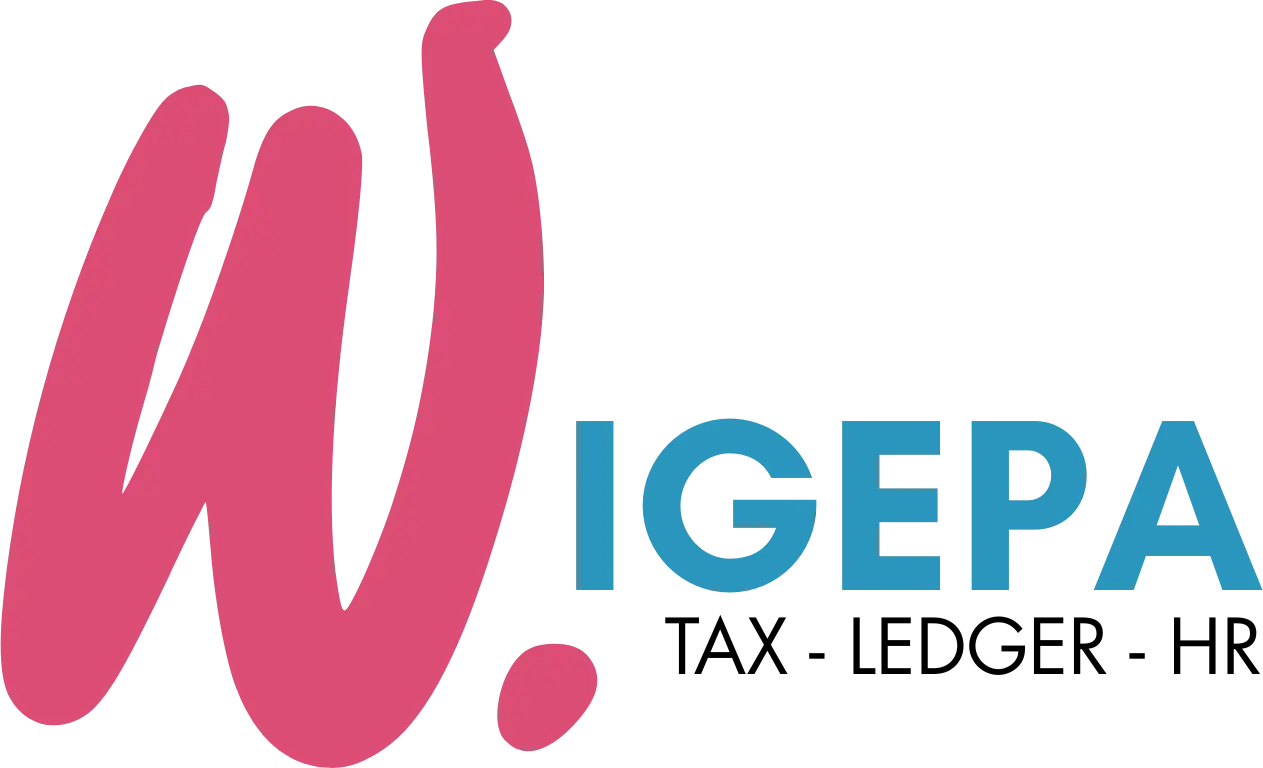On 21 January 2025, the Dutch tax authority issued a new Education Exemption from VAT Decree (Stcrt. 2025, 3488). This officially repealed the earlier position KG:210:2022:2, which had created years of uncertainty around whether electronic education, particularly e-learning, could benefit from the VAT exemption for education.
For entrepreneurs running micro and small companies, this matters more than it looks at first glance. Many of you either provide training services as part of your business model or buy training for your staff to stay compliant, skilled, and competitive.
What Changed?
The old 2022 position said:
- Yes, electronic learning (like e-modules) can be considered an electronic service under Article 6h of the Dutch VAT Act (1968).
- But to be VAT-exempt education under Article 11(1)(o), there had to be some form of teacher-student interaction. Without it, the service was taxed.
This created a paradox: automated online training with no human interaction, even if accredited, was subject to VAT. That meant higher costs for buyers and less margin for providers.
The 2025 Decree has now cleaned this up. It consolidates the rules, recognizing that educational exemption applies even when the delivery is digital, as long as the provider is a recognized institution and the education is structured for knowledge transfer or skill-building, not just recreational content.
Why Does This Matter to Entrepreneurs?
-
Lower Costs for Training Purchases
If you pay for staff training (compliance courses, digital skills, safety certifications), you no longer face inconsistent VAT treatments depending on how the training was delivered. If the course falls under the exemption, no VAT is charged, good for your cash flow. -
Clarity for Training Providers
If your company offers courses, even simple digital modules, you can now operate with more certainty. Recognition as a vocational training provider (in the CRKBO register, for example) ensures your digital offerings are exempt. This levels the playing field with traditional classroom-based training. -
Competitive Edge in Digital Delivery
Previously, smaller training firms were squeezed: add teacher interaction (costly) or lose the exemption (uncompetitive). With the new rules, automation is no longer penalized. That opens space for affordable, scalable training products designed by micro-enterprises for niche markets.
Risks and Grey Zones
Let’s be clear: not all online content counts as education. The court rulings (Horizon College, Werner Haderer) still guide interpretation. To qualify:
- Knowledge or skills must be transferred in a structured way.
- The activity cannot be purely recreational.
- The provider must fit within the broader educational framework (institutional recognition, methodology, materials).
If your company sells “courses” that are really motivational videos or loosely structured content, don’t assume exemption applies. Misapplying VAT exemptions exposes you to back-taxes and penalties.
Practical Steps for Micro and Small Business Owners
- If you buy training: Check invoices in 2025. Accredited training should no longer show VAT. If it does, ask why.
- If you sell training: Verify your registration (e.g., CRKBO). Without it, your exemption claim is weak.
- If you use mixed models: Keep records that demonstrate the structured educational purpose of your modules. A certificate or formal completion process helps.
- Consult your advisor: This is a technical VAT area. Small missteps can create financial and reputational risks.
Final Word
For entrepreneurs, this withdrawal is more than a technical tax update. It’s a signal that digital delivery is now fully accepted in the Dutch tax framework for education. That lowers barriers for innovation in the training sector and reduces compliance headaches for those who rely on it.
In other words: whether you are building courses or buying them, you now have a clearer, more stable ground to stand on.
SOURCE :
[WITHDRAWN] KG:210:2022:2 Electronic education; education exemption
Co-Founder of Xtroverso | Head of Ledger and Tax Compliance
Linda Pavan brings disciplined precision to Xtroverso, anchoring its financial, fiscal, and operational integrity. As a ZENTRIQ™ Certified Auditor, she translates complexity into clarity, ensuring every decision is traceable, compliant, and strategically sound. Her quiet rigor empowers businesses to act with confidence and accountability.

